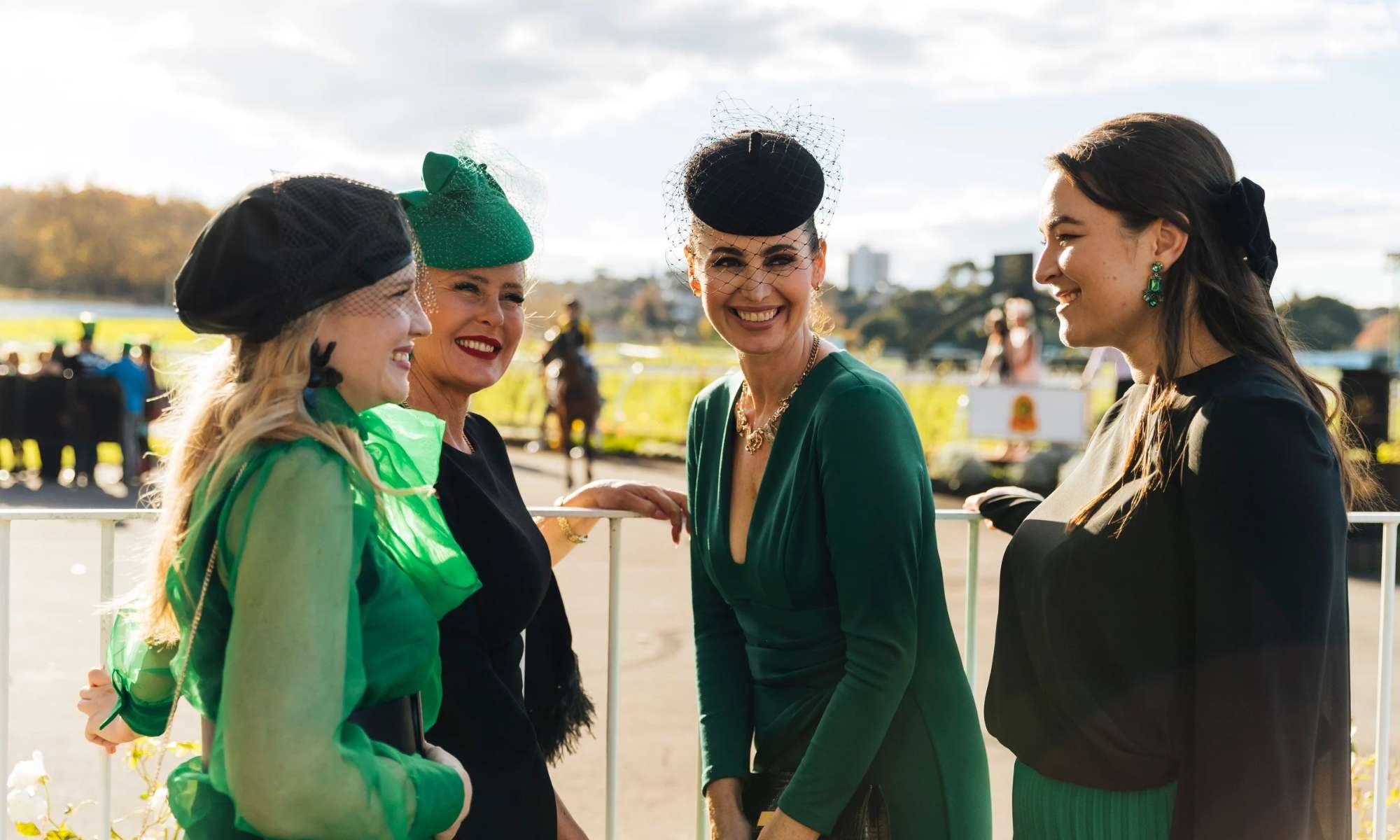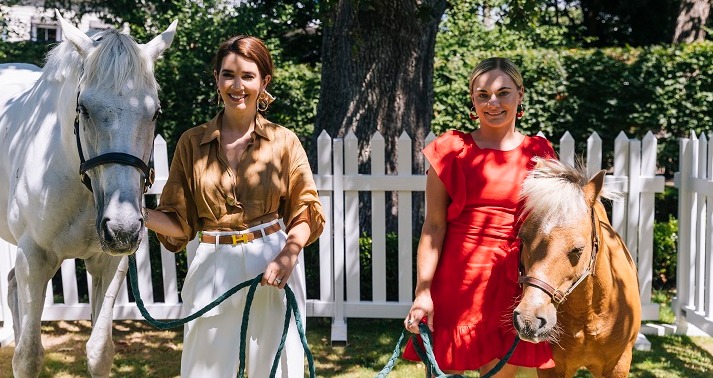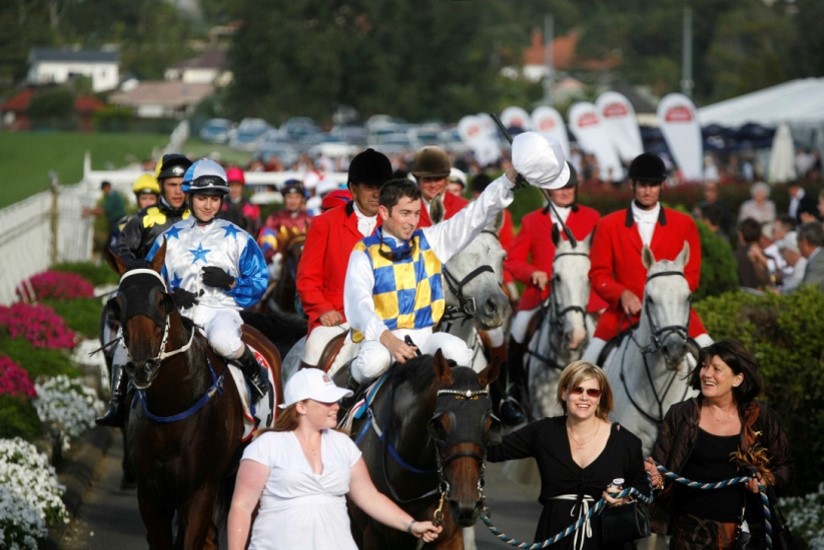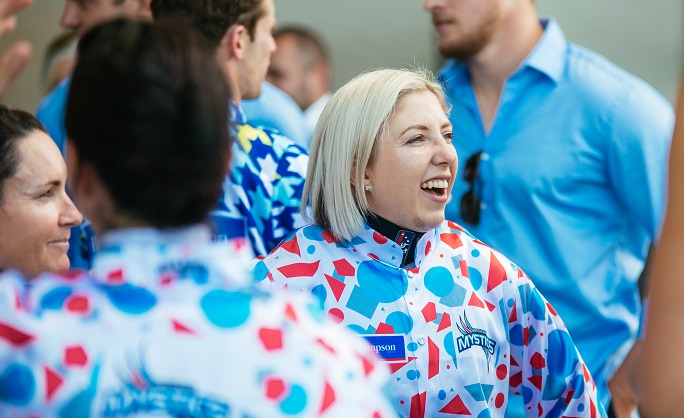
-
100 Ascot Avenue, Remuera, Auckland
- 09 524 4069
It is fair to say that members of the “fairer” sex who participate in the New Zealand racing industry have achieved success and stardom in their own right – especially given it’s one of the few sports where men and women compete as equals.
Male and female horses also compete equally on the track with racing enthusiasts quick to recall the deeds of mighty mares such as Showgate, Sunline, Black Caviar and Winx.
Talk about an actual race and images of magnificent animals thundering towards the finish line guided by small but steely jockeys immediately comes to mind.
New Zealand leads the world in providing equal opportunities for women riders thanks to the deeds of individuals such as Joanne Giles (Hales) – the first Kiwi woman to ride in a totaliser race in New Zealand, on 15 July 1978 at Waimate – & Linda Jones, who was the first Kiwi female to win against the males in Australia in 1979.
Quality riders across the years such as Kim Clapperton, Linda Ballantyne, Cathy Tremayne, Trudy Thornton, Samantha Spratt, Rosie Myers, Lisa Allpress (2015/16 NZ Jockeys Premiership winner), Samantha Collett (2017/18 NZ Jockeys Premiership Winner) & Danielle Johnson – to name but a few – have ensured our national jockey roster maintains a strong female presence.
Notably, Lisa Cropp was the first female (and foreign) rider to receive a full riding license from the Japan Racing Authority in the 1990s. Not surprisingly, her talent saw her achieve on a world scale having ridden winners in fourteen countries including France and America.

It is no surprise that the first woman to train the winner of the world’s most iconic race, the Melbourne Cup, should be a kiwi (albeit a naturalised one).
When the heavenly-named, Ethereal raced to victory in the 2001 Melbourne Cup, Sheila Laxon indelibly etched her name into the folklore of the great race. Similarly, Waiuku’s own Moira Murdoch achieved similar fame seven years earlier when she trained Solvit to win the 1994 WS Cox Plate.
The majority of major races in New Zealand have seen female trainers successful, with Ellerslie’s own Auckland Cup won in 1988 by Sea Swift, trained in partnership by Dawn and Peter Williams.
Dawn has since gone on to achieve what no other female in New Zealand racing has – earning a spot in the “1,000 Wins Trainers Club” in November 2018 when horse Jip Jip Rock won for her stable at Te Aroha.
The 2004 Auckland Cup was also a female triumph when bonny mare, Upsetthym, triumphed for Matamata trainer Karen Fursdon and apprentice jockey, Gemma Sliz.

Since then, female trainers have continued their success in Auckland Cup Week’s namesake race with 2007 & 2008 winner, Prize Lady, winning for Debbie Sweeney who trained in partnership with father Graeme Sanders.
Sangster also won the race for a female trainer, with his 2013 Cup triumph going to the partnership (both in racing and real life) of Natalie Young and Trent Busuttin.
The wins for female jockeys in this iconic race have been, however, somewhat limited.
With Sam Collett, winner of the race in both 2019 and 2020, based overseas now – we’re excited to see if one of the other girls can triumph this Saturday in the 149th running of the Barfoot & Thompson Auckland Cup.

Given the success of women in New Zealand racing, it is hardly surprising that the crowds seen at major racing events these days have a vast and knowledgeable female presence.
The Sport of Kings is a glamorous pastime that is enriched and enhanced by the many women who participate on a daily basis in it.